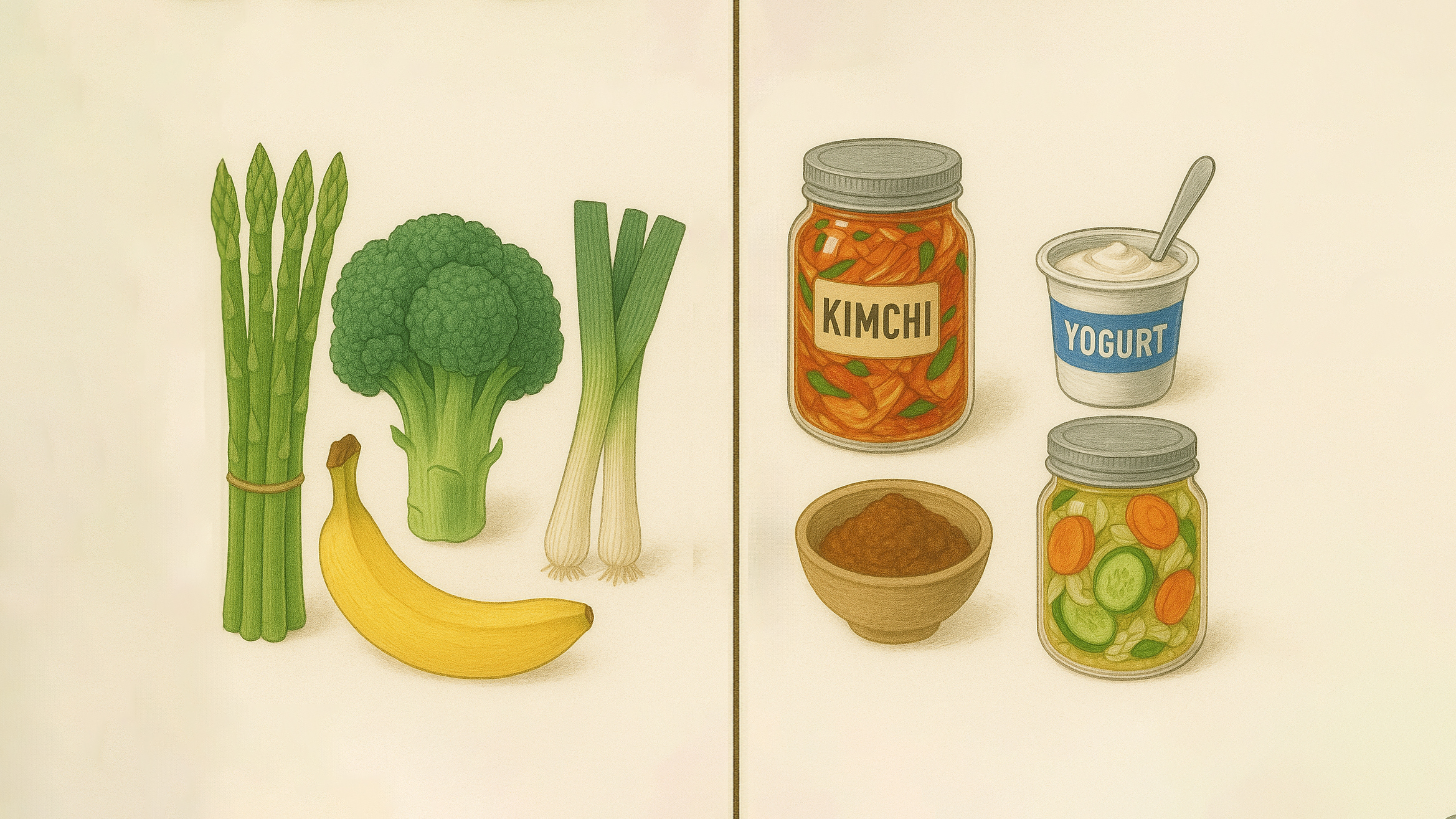Fascinating new research indicates that the mortality of Coronavirus is lower in countries where diets are rich in fermented vegetables.
We’ve recently covered how the gut microbiome can predict the severity of COVID-19. We all know how important our gut health is for our overall state. Now, it seems that eating more microbiome friendly foods, such as fermented vegetables, not only improves our levels of probiotic bacteria, but actually decrease the mortality rates of COVID-19. So, how could the quality of our diets play a mitigating role in COVID-19?
Geographical Variations
Since the COVID-19 outbreak began late last year, we’ve seen unpredictable geographical variations in the number of people infected and the national mortality rates. Notably, Italy, France and the UK have seen higher death rates than the Balkans and certain Nordic countries. Similar patterns have been seen in other geographic regions, too. Although certain aspects are probably the most relevant, such as population age, government response, employment types and housing conditions, diet and nutrition must not be overlooked for the part they play.
The Study
In the study, the researchers hypothesized that fermented foods could potentially explain some of the differences in COVID-19 mortality rates between European countries. To test their theory, the team used information from the European Food Safety Authority (EFSA) Comprehensive European Food Consumption Database, and looked into the consumption of different fermented foods by country, including vegetables, milk, yoghurt, sour milk, and pickled/marinated vegetables.
For each gram increase per day, in the national consumption of fermented vegetables, the COVID-19 mortality risk fell by 35.4%.
Meanwhile, the COVID-19 mortality rates were calculated using information from the Johns Hopkins Coronavirus Resource Center. Eurostat was used for other data, such as gross domestic product, population density, the proportion aged over 64, unemployment rates and the prevalence of obesity.
Ultimately, with all variables considered, the researchers concluded that only the fermented vegetables had a significant impact on national mortality rates. For each gram increase per day, in the national consumption of fermented vegetables, the COVID-19 mortality risk fell by 35.4%. Generally, the fermentation process is widely known for increasing the antioxidant activity of foods.
Microbiome Vulnerability
Still, the scientists would like to test their hypothesis in other areas, where fermented food consumption is high, and COVID-19 mortality rates are low. For instance, death rates are very low in Asia and Africa.
“When modern life led to eating reduced amounts of fermented foods, the microbiome drastically changed, and this may have facilitated SARS-CoV-2 to spread or to be more severe.”
It would be extremely valuable to use data on food consumption from countries like these to conduct further epidemiologic studies and potentially confirm the current findings. As the team writes: “When modern life led to eating reduced amounts of fermented foods, the microbiome drastically changed, and this may have facilitated SARS-CoV-2 to spread or to be more severe.”



